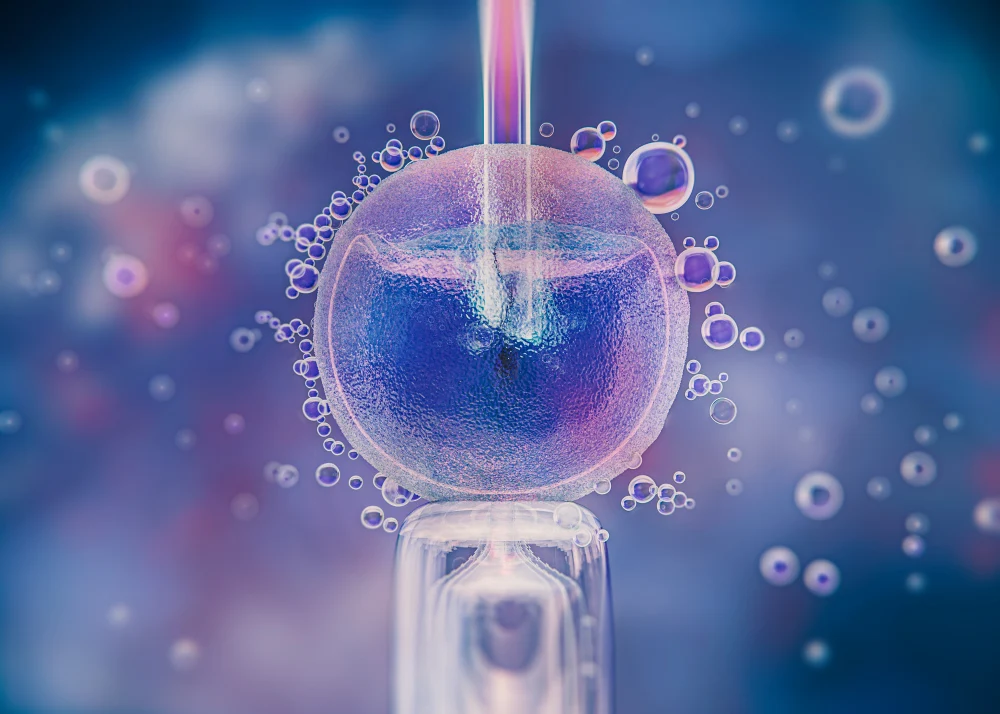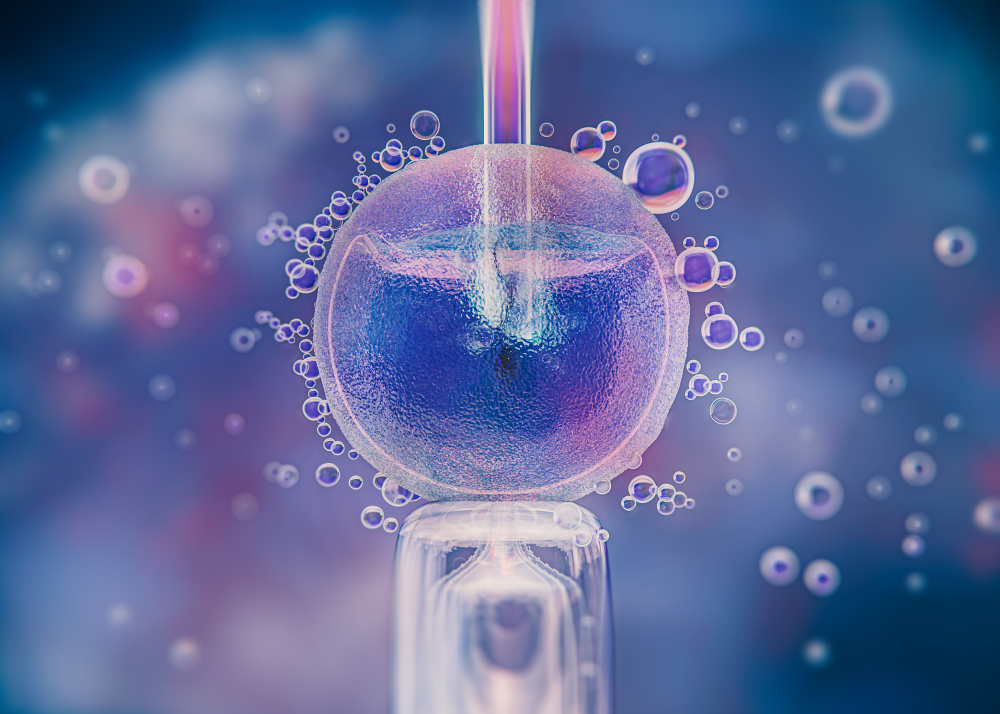What Are the Chances of Having Twins Through IVF?
You might be amazed to know that according to reports twin births have nearly doubled over the last 40 years. Well, twins or triplets could be a reason behind your joy especially if you have waited a long time for a baby. However, multiple pregnancies increase the chances of risks for both mother and babies. If you are a couple and still wondering what are the chances of having twins through the IVF process then we are here to resolve your queries.
Is the IVF Process the reason behind twins?
According to recent researchers, one out of five IVF pregnancies may result in multiple births. This takes place because during the IVF process the chances of twins with IVF increase. This also leads to more than one implantation of embryo on the uterine lining which leads to twin pregnancies.
Well, most fertility specialists transfer multiple embryos to achieve success. The reason for this is that many embryos have chromosomal abnormalities so it may lead to failure of the IVF process. It happens when a couple's age is more than 30 or 35 years of age then the egg quality tends to decrease and sperm quality also declines. So, placing more than one embryo decreases the chances of embryo implantation.
How can Twin Pregnancies be Possible During the IVF Process?
There are increased chances of twins with the IVF process. One egg can split to form two zygotes which are called monozygotic twins. Dizygotic twins occur when two separate eggs are formed and this can happen when two or more embryos are transferred into your uterus.
What are the Chances of Twin Pregnancies after the IVF Process?
Multiple birth rates can be more than 45.7% for women who are 20 to 29 years old. Whereas women aged 40 to 44 years have less than a 25% chance of multiple births even with 5 embryos transferred. This data is shown by a study by the National Library of Medicine. To understand more about twin pregnancies you must consult an infertility specialist in Lucknow.
Are There any Risks related to multiple pregnancies after the IVF Process?
Pregnancy complications may take place if there are higher rates of multiple pregnancies. Chances of gestational diabetes, preeclampsia, intrauterine growth restriction, placental abruption, and fetal loss may take place. Long-term health complications in your babies may also arise. But mostly multiple pregnancies are safely managed by a highly experienced team of infertility doctors. Close monitoring and management of lifestyle is also needed in some cases. Twin birth can also lead to preterm labour, higher rates of caesarean birth and low birth weights of babies may impact your baby's life.
Which Points Affect Twin Conception in the IVF Process?
A few points affect the chances of Twin pregnancies in the IVF process such as
Couple’s age
Your age matters a lot when it comes to fertility. Younger women have a higher chance of conceiving twins through the IVF process. The reason behind this is they have a higher quantity and quality of eggs. But it may vary from woman to woman. It’s important to discuss with your fertility specialist how your age might impact your IVF process.
Genes of couples
You might feel amazed to know that if twins run in your family whether it is the mother's or father's side then there are higher chances of having twins. This genetic makeup can be the reason behind twin pregnancies.
Embryo transfer process
Every embryo does not lead to successful pregnancy so fertility specialists examine embryos under a microscope and can assess their development. If they find the healthiest embryos then they will transfer those embryos to the uterus. This process can lead to multiple pregnancies.
Other points may also affect twin conception in the IVF process.
Can you decrease the risk of Multiple pregnancies during the IVF process?
Through improved technology, your doctors can identify healthy, viable embryos. They can take the help of high technology and transfer a single high-quality embryo which leads to successful implantation. Testing and screening of embryos also help in identifying genetic abnormalities that may result in a miscarriage.
Transfer of blastocyst is an IVF technique to transfer an embryo that has been cultured to the blastocyst stage to the womb. Such embryos are more likely to implant in the uterine lining and even your doctors could analyse the abnormalities in the developing embryo before transferring.
You can consult your IVF specialist in Lucknow to understand how you can reduce the risk of multiple pregnancies during the IVF Process.
Conclusion
Every IVF cycle is unique and when more than one embryo is successfully implanted then it results in a multiple pregnancy. IVF doesn’t necessarily increase your chances of having twins. However, it can increase the chances of twins if multiple embryos are transferred. Whereas each transferred embryo has the potential to split into twins.



Comments
Post a Comment